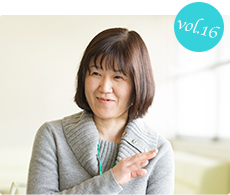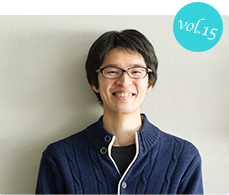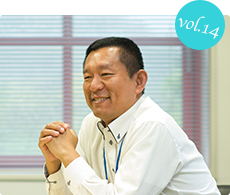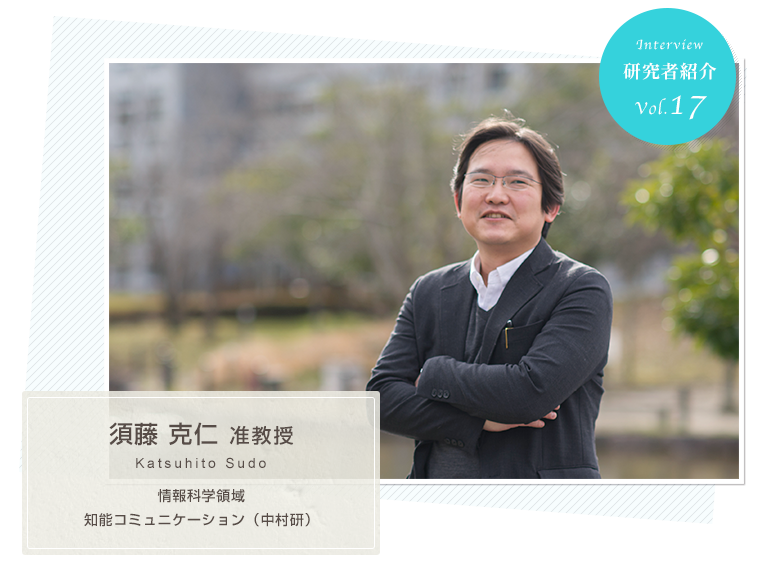
![]()
He received his M.S. degree from the Graduate School of Informatics, Kyoto University in 2002. He has been working at NTT Communication Science Laboratories since the same year, and received his Ph.D. degree in Informatics from Kyoto University in 2015.He has been an associate professor at Nara Institute of Science and Technology since April 2017. His areas of expertise are machine translation, natural language processing, and spoken language processing.
Path to becoming a researcher
After receiving my master's degree, I worked at NTT Laboratories for 15 years. I completed my Ph.D. during that time and joined our university about two years ago. I also supervised interns at the company and worked as a part-time lecturer after finishing my Ph.D. I was thinking about changing jobs at the university in the future when I had the chance to move here.
Currently, I specialize in machine translation, but I have not been interested in that at all since I was a child. I have been interested in information systems since high school, and I studied image processing in my master's program.
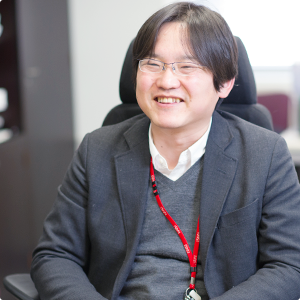
There are more than 40 students enrolled in this lab for both master's and doctoral programs, and I think today's students are excellent compared to when I was a student. The language used in seminars, etc. is English because there are many international students in this lab, but when I think back to the time when I myself was exhausted from international conference presentations during my master's program, I feel that the students are much better than when I was a student. The students come from different universities and faculties, but I think they are all working on interesting things.
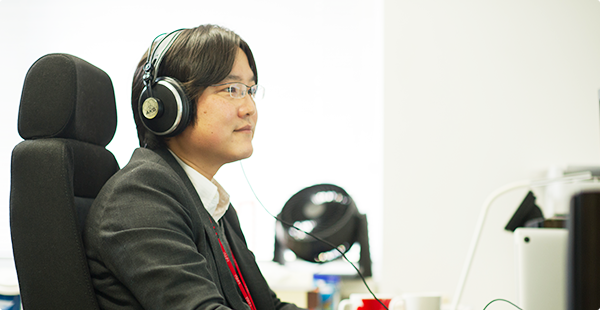
Daily schedule
I had a child when I was working in my previous job, and he is now 3 years old. From the time I was a bachelor until now, my basic lifestyle is to go to work before 7:00 a.m. and return home at 5:00 p.m. In the morning, except for overseas, I have to send e-mails. I don't get any e-mail in the morning except from overseas, and I can work until about 9:00 in the morning. In the evening, even if I am late for a seminar, I go home by 6:00. If I leave the university at 5:00 p.m., I can have dinner with my children. After 7 p.m., I have to go without seeing my children for the rest of the day. When I was a child, my father was rarely home and I could not see him.

To be honest, my wife does most of the housework, but on the days when I have to pick up my kids from daycare, I cook dinner. When I worked from home in my previous job, I cooked both lunch and dinner, so cooking is not that much of a burden. However, since I don't work from home these days, I don't know how hard it is to do housework with children moving around and talking to me...so now the burden is all on my wife. The work I am able to do on my days off is only a small part of the total.
When I go on business trips to conferences, etc., my wife has to do everything. It's not easy when it's a long trip. Sometimes my wife's parents join me on long trips.
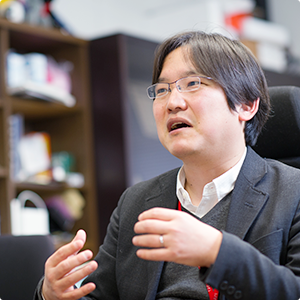
Support for researchers needed by NAIST
At my previous job, I was allowed to work from home an average of twice a week for childcare and other reasons, so I used this service a lot after my wife went on maternity leave. Since my children were young, I was able to write programs and papers and attend meetings via Skype while they slept. The university also has a telecommuting system, but I have not used it yet because it requires an application in advance. At my previous job, they had a system that allowed me to apply on the same day if my child had a fever that day while I was still working. That was very good. When children are young, it is especially difficult for them to stay healthy, and it is very helpful to be able to apply on the same day if an unexpected situation arises. For example, if you can apply to the appropriate authorities, such as the professor of the lab you belong to, you can use the system up to a certain number of days per month. In fact, many people may find themselves in a situation where they are unable to come to work due to their child's condition, but they are still thinking about what they can do at home, or they may not be able to work full time, but they can still work half days. In these situations, it would be helpful to have an official process.
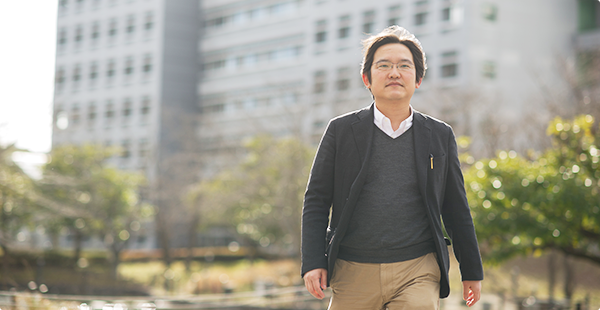
Don't stop the person who wants to do it
The difficulties may be different for men and women, but in the case of our university, there are not many meetings or other constraints, and I think many teachers manage to balance work and family life on a weekly basis. In addition, when a child is born or a partner is hospitalized, both the university and the lab believe that home is more important at such times, so it is possible to go home early. Dr. Nakamura tells us to "take care of home. Maybe he means, "You can do research at any time," but since I can do it that way, I have not had much trouble. There were several times when my child had a fever at the daycare center, and I had to leave work early to pick him up and take him to the hospital. I have also seen people around me at day care centers and hospitals, and I feel that the burden often falls on the women's side.
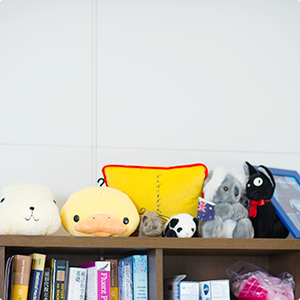
The number of female faculty members in the information field at our university is about 6 percent, and even at my previous research institute, I think it was a little over 10 percent around me, and probably not more than 20 percent. Originally, I thought there were more women in the information field than in the engineering field. Compared to the proportion of foreign faculty and researchers I see at international conferences, I feel that there are fewer in Japan. However, in the field of natural language processing, it seems that there are meetings of female researchers, and many participate. The proportion of female researchers may increase more in the future, since our field allows research without having to be in front of large experimental facilities, and it should not be difficult to continue research due to life events. Support for researchers raising children is also beginning to be provided, such as academic societies contracting childcare services so that researchers can bring their children to academic conferences. While there is a path for those who have completed their bachelor's and master's degrees to work for companies, I would like to see an increase in the number of researchers and faculty members, both male and female, who have advanced to the Ph.D. level.
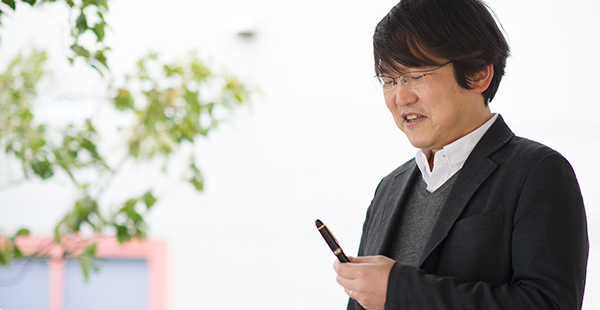
There is no difference in ability between men and women, so I have always wished that more people would want to work in this field. There are many women among those who participate in "anytime tours" in the information field. The information field itself has been growing in recent years, and I believe that more and more women will be interested in this field in the future. In almost all fields, I think it is important that people around you do not stop you from doing it because of your gender, because it is probably not something that makes you go "hmmm" about doing it. Why don't you try it? I don't know what my daughter wants to do in the future. I don't know what my daughter wants to do in the future, but I think she should do whatever she wants. I think it is important that people around her do not stop her from doing what she wants to do.
(March, 2019)

-
2019.3 updated
Division of Biological Science
-
2019.3 updated
Division of Biological Science
-
2018.6 updated
Division of Information Science






